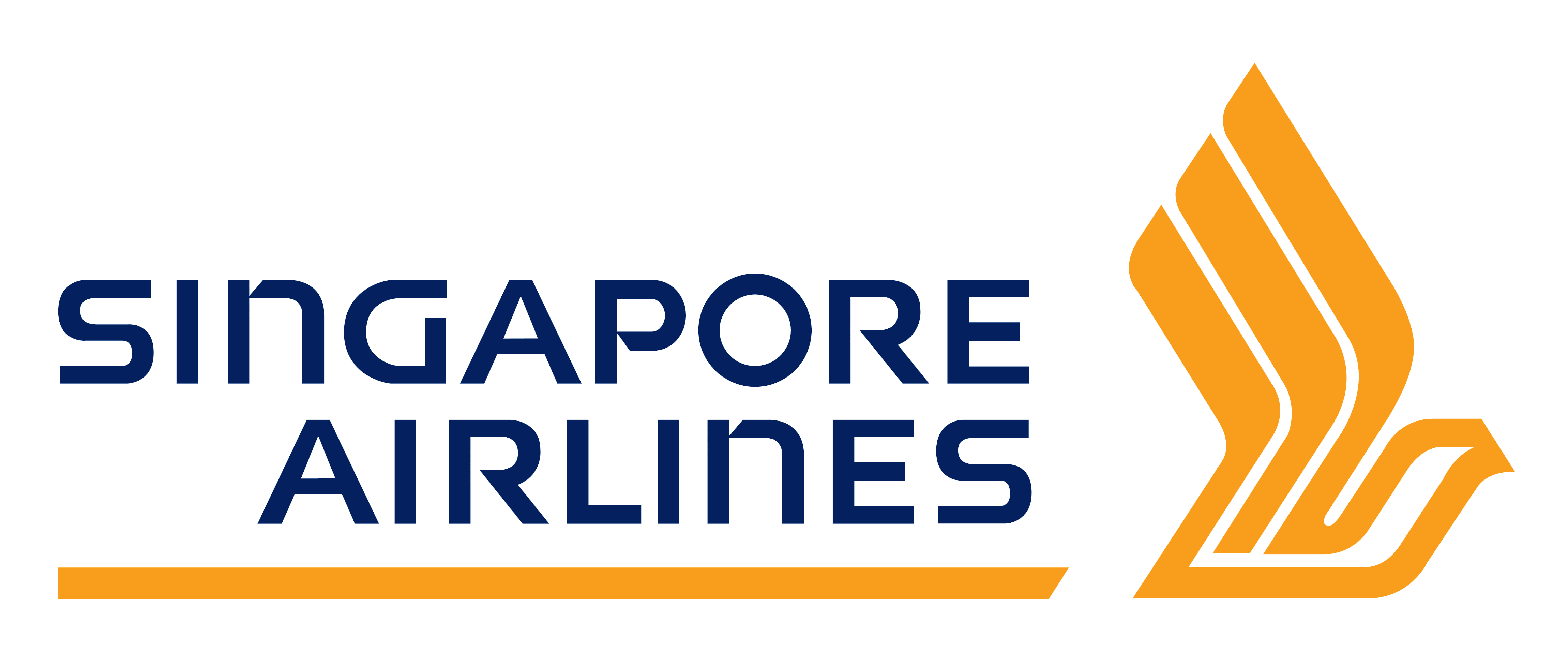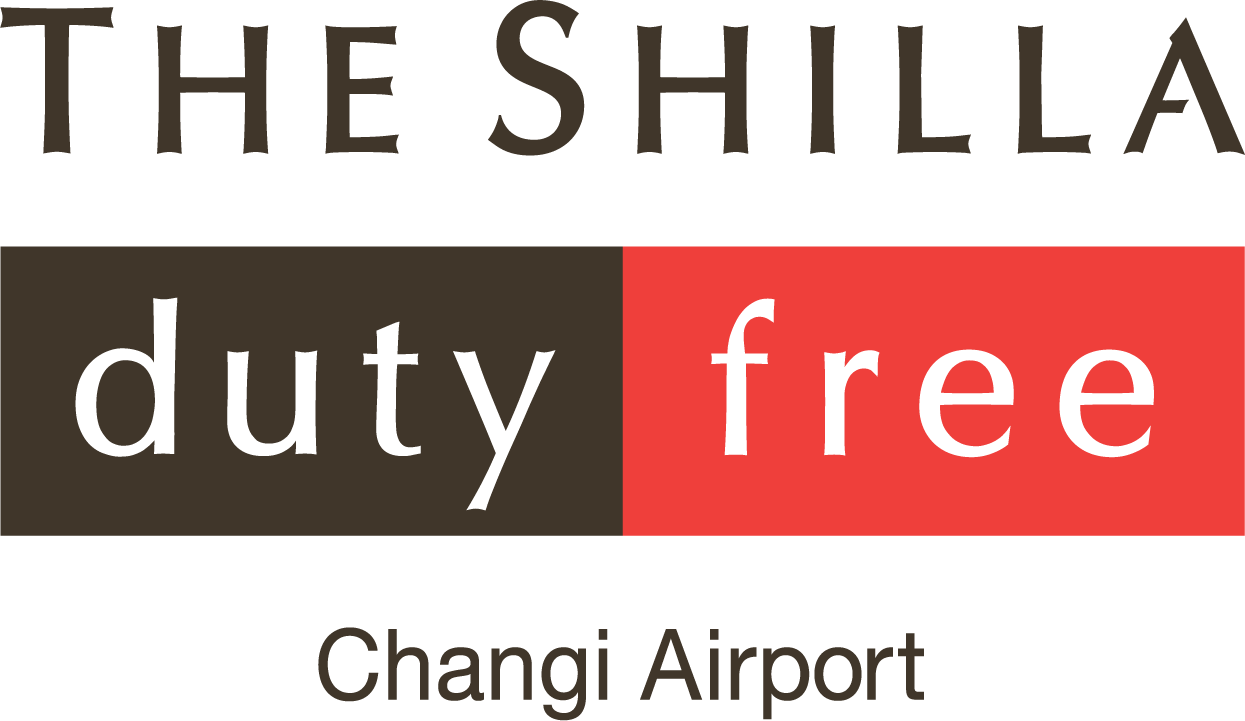Border restrictions are easing, destinations are reopening, and airlines are resuming flights – but the real question is: when can we start to travel again?
We love Brian Pearce. He’s like the big brother that will reassure you that things will be okay after you get a big scolding from your parents – only he’s not your big brother, he’s the Chief Economist at the International Air Transport Association (IATA).
According to his projections, 2019 levels of travel (what many would call the last golden age of travel) will only return as early as 2023, and while we did mention that airfares will become expensive in the long run, airlines will be dropping fares to stimulate demand in the short term first.
Guides to Resuming International Travel:
#1: Which Country Can I Travel to Now?
#2: Which Airlines Are Resuming Flights?
#3: Future of Air Travel After COVID-19
#4: When Can We Travel Again: 2023 Forecast
#5: Immunity Passports to Resume Travel
#6: Can Singaporeans Travel to Brunei & New Zealand?
#7: How Airlines Are Wooing You Back Onboard
#8: Post-COVID-19 Travel Habits
#9: How Tech & AI Are Helping to Reignite Tourism
#10: Singapore-Hong Kong Travel Bubble Guide
#11: Everything You Need To Know About Singapore’s COVID-19 Vaccinations
#12: Travel Corridor vs Travel Bubble: Everything To Know About Flying
🌎 However, Air Travel Can Only Happen If Countries Reopen Their Borders
… and it’s in their best interests to do so. Statista is a data aggregator that has charts for nearly everything, and they’ve collected data five years’ worth of data about the value of the global aviation industry. In 2019, it was valued at US$828 billion (~S$1.15 trillion) and it was projected to be around US$850 billion (~S$1.18 trillion) in 2020, but obviously, because of the coronavirus, the aviation industry didn’t even come close to achieving that figure yet.
Most countries recognise the value of this and are gradually reopening borders. Singapore and Hong Kong are the ones that first come to mind, where both of them have resumed international transit in June, while some countries in Europe like Switzerland, Denmark, and the Baltic States have adopted a travel bubble where they only allow citizens from certain countries to visit and travel.
However, for travel to pick up where it left off in 2019, the coronavirus has to be caged appropriately. This is of course, dependent on scientific discoveries for a vaccine, or for it to be normalised like the flu. If it’s any beacon of hope, a possible coronavirus vaccine is already in its phase two of human trial in China.
⛔️ World Events Get In The Way Of Travelling Too, But for Good Reason
The world is undergoing a bit of a revolution right now, no thanks to the coronavirus. 2020 started off on an extremely bad note with the #WorldWarIII hashtags and the Australian Wildfires, and then cascaded into full decline because of the coronavirus.
Enter June – the rise of the #BlackLivesMatter movement in the US that denounces police brutality and systemic racism has quickly evolved beyond its borders. #BlackLivesMatter has sparked a near worldwide response against other disadvantaged minorities, such as the aboriginals in Australia and the Maoris in New Zealand too.
To an individual traveller, this might seem like an unnecessary hindrance to their plans and desires. It might not affect you personally, so why should you have to bear the consequences of these movements? That is a valid sentiment to have, but remember that the countries you visit are made possible with the work of the locals that have built the country to what it is. These movements are simply the result of the people being incredibly unsatisfied with the way their countries are run by their respective governments, of which Singaporeans are greatly privileged and fortunate to have a smooth-running country with little to complain about in the grand scheme of things. But I digress.
On the financial side of things, insurance companies and government travel advisories might issue notices against travelling like they have with the Hong Kong protests and the coronavirus. Not only does this affect your safety, but also your wallet if your travel insurance company refuses to cover for any mishaps. Airlines will definitely continue to fly, but it remains to be seen if insurance companies want to extend their coverage to affected destinations.
💰 Where Do Cheap Fares Come In?
Right now, there’s a surplus of seats and fuel prices are low. The aviation industry is eager to start flying again, and to do this, they will try to stimulate demand. Big brother Brian Pearce, or rather, Chief Economist of IATA reported in his detailed presentation that air fares were cut by 40% as China’s domestic market reopened.
This means that when borders reopen, you can expect cheaper airfares in the short term. However, cheap airfares won’t be permanent. With social distancing measures in place, airlines will gradually have to increase airfares in the long term to make up for a smaller passenger load and sustain costs.
Keep in mind though, your travels might not be covered by insurance because of the travel advisories related to current world events. To ensure your safety and health, we’d recommend you to only engage in essential travel until things really get better.
Things have changing rapidly ever since 2020 began, and South Korea became the first country to announce a ‘second wave’ of COVID-19 infections. With more borders opening up, we may also see more countries battling a potential ‘second wave’ in the coming months.
And if Brian Pearce’s projection is of any assurance, it’ll probably be early 2023 before we’re able to travel freely again, just like we did in 2019. Well, it seems like I’m going to have three years to save up for my biggest holiday yet – who knows, I might just have enough for a business class ticket by then.
Read: Budget Holiday Plans Gone Wrong
Read: 6 Creepy Urban Legends For Travellers
Read: Taiwan Pride: My First Taipei LGBTQ+ Pride Experience
Read: 5 Luxury Fashion Hotels You Can Stay: Chanel, Dior & More
Read: How I Lost $9,000 in Tokyo, Japan
Enjoy overseas payment with no fees worldwide!





















































